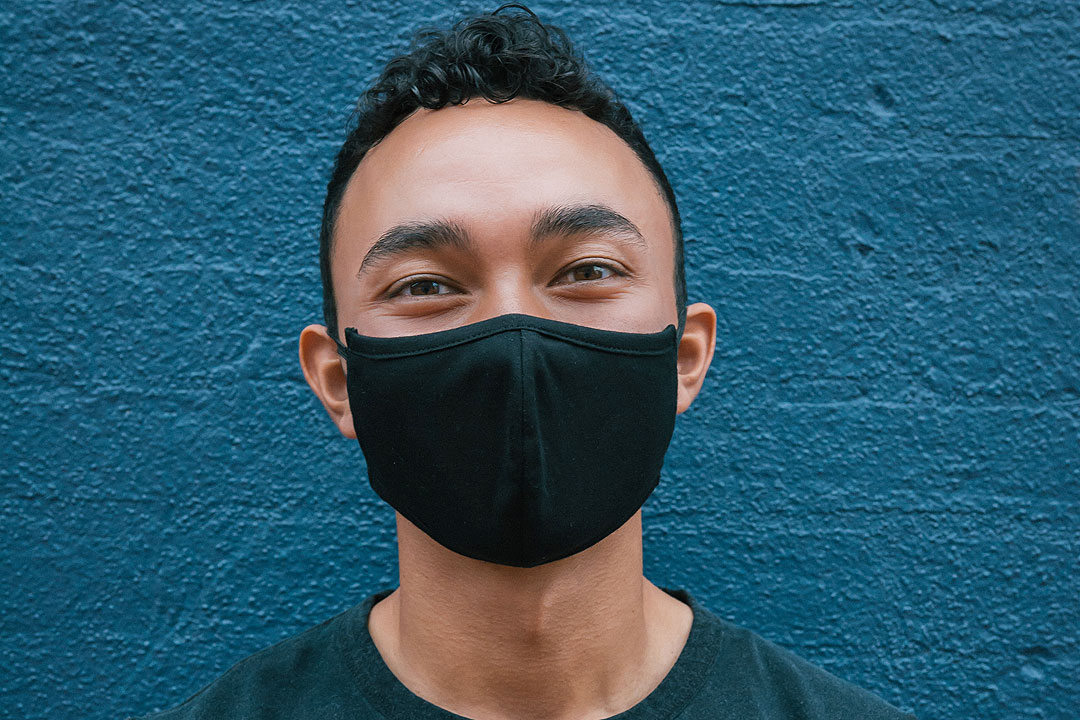Preventing ‘maskne’ and other skin problems

By Patricia B. Mirasol
A FACE MASK is essential amid the coronavirus disease 2019 (COVID-19) pandemic, but it can cause skin problems such as rashes and acne for the wearer. Streamlining one’s skincare routine and choosing the right type of material for protective wear can address these issues.
“There’s a misconception that expensive is effective,” said Dr. Imee P. Rajagukguk, a dermatologist at Adventist Medical Center Manila, in an Oct. 11 webinar. “Not necessarily.”
When looking for skincare products, she said, the key words to look for are “hypoallergenic” (which reduces allergic responses), “non-comedogenic” (which prevents blocked pores), and “fragrance-free” (which is less irritating).
In the morning, a broad-spectrum sunscreen that doubles as a moisturizer can be applied as a protective layer against dryness. In the evening, a moisturizer with either ceramides or hyaluronic acid can be used after cleansing the skin. Dr. Rajagukguk advised using gel moisturizers for oily skin; lotion for normal or combination skin; and cream for dry skin.
Moisturizers can be applied before and after face mask use, and after washing the skin with a mild cleanser.
THE RIGHT MOISTURIZER
Masks made of breathable fabrics such as cotton or silk, meanwhile, can be worn underneath a surgical mask. When it’s safe to do so, the masks can be removed every four hours for 15 minutes at a time to lessen friction in the facial area.
“Don’t touch [the outer part of] your mask. It might be contaminated,” Dr. Rajagukguk said, adding that cloth masks should be washed daily to avoid the entrapment of bacteria caused by humidity.
For individuals such as nurses who need to wear gloves for work, gloves made of cotton may also be used underneath rubber gloves to lessen friction in the area. Nitrile gloves, which are free of synthetic materials like latex and BPA (bisphenol A), are recommended for those with sensitive skin.
“Dry your hands before using gloves, else you become prone to fungal infections. Hand dermatitis is more common now,” said Dr. Rajagukguk.
Hand dermatitis is eczema of the hand. Apart from occupational exposures, other known causes of the condition include friction, allergies, and dry skin. To soothe irritation, Dr. Rajagukguk suggested petroleum jelly, an affordable moisturizer.
Consulting a board-certified dermatologist, however, is necessary for dry skin that is caused by conditions such as diabetes, a metabolic disorder characterized by a high blood sugar level, or psoriasis, a chronic skin disease that causes scaly skin patches.
“We advise seeking a consultation with us, so we can give you the right moisturizer to use,” she added.



